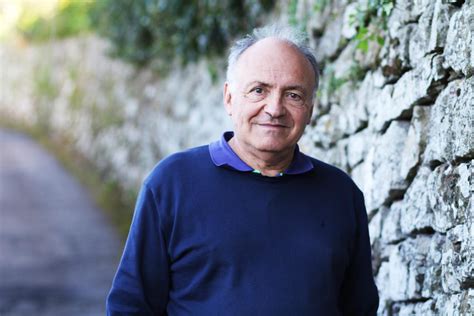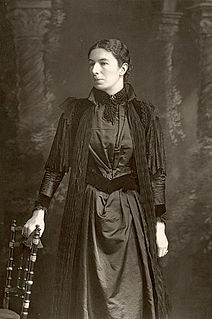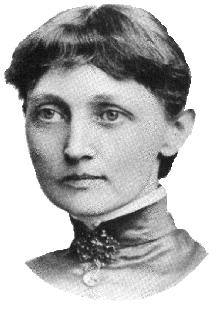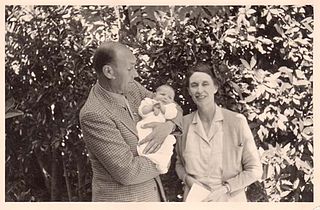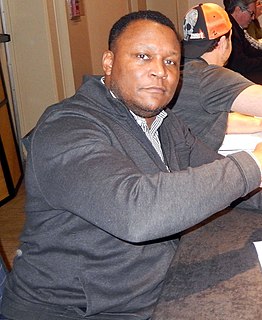A Quote by George Santayana
Religion should be disentangled as much as possible from history and authority and metaphysics, and made to rest honestly on one's fine feelings, on one's indomitable optimism and trust in life.
Related Quotes
There would be no history as we know it, no religion, no metaphysics or aesthetics as we have lived them, without an initial act of trust, of confiding, more fundamental, more axiomatic by far than any “social contract” or covenant with the postulate of the divine. This instauration of trust, this entrance of man into the city of man, is that between word and world.
Whether we are aware of it or not, every act of trust carries with it a shiver of fear. A favorable situation can become dangerous. Deep down we know that life is insecure and precarious. However, if we do trust, the shiver carries with it a philosophical optimism: Life, with all its traps and horrors, is good The bet is implicit in trust itself. If we could be sure of everyone and everything, trust would have no value - like money, if it were suddenly limitless, or sunshine, if there were always fine weather, or life, if we were to live forever
I've always believed that everything that is said from authority is either the authority of one's own heart, one's own brain, one's own reading, one's own trust, but not the authority of someone who claims it because they're speaking for God and they know the truth because it's written in a book. That, essentially, is where I come from. In a sense, tolerance is my religion. Reason is my religion.
There are really two kinds of optimism. There's the complacent, Pollyanna optimism that says, 'Don't worry - everything will be just fine,' and that allows one to just lay back and do nothing about the problems around you. Then there's what we call dynamic optimism. That's an optimism based on action.
There are really two kinds of optimism. There's the complacent, Pollyanna optimism that says "don't worry - everything will be just fine" and that allows one to just lay back and do nothing about the problems around you. Then there's what we call dynamic optimism. That's an optimism based on action.
Religion is the only solid basis of good morals; therefore education should teach the precepts of religion, and the duties of man toward God. These duties are, internally, love and adoration: externally, devotion and obedience; therefore provision should be made for maintaining divine worship as well as education. But each one has a right to entire liberty as to religious opinions, for religion is the relation between God and man; therefore it is not within the reach of human authority.
I want to be with you as much as possible, Ronnie. You're smart and funny and you're honest. I trust you. I trust us. Yeah, I'm leaving and you're going back home. But neither of those things changes the way I feel about you. And my feelings aren't going to change simply because I'm going to Vanderbilt. I love you more than I've ever loved anyone.


